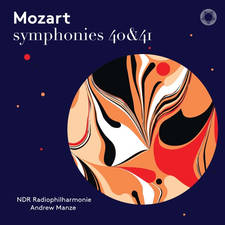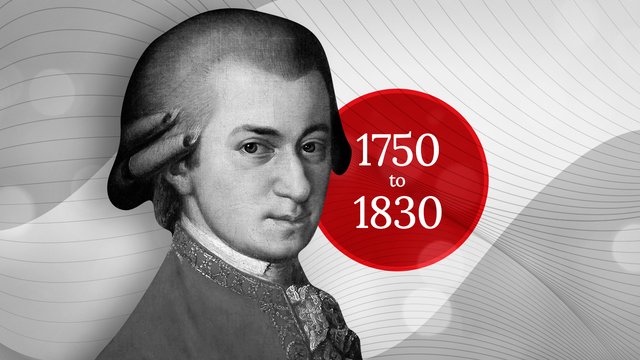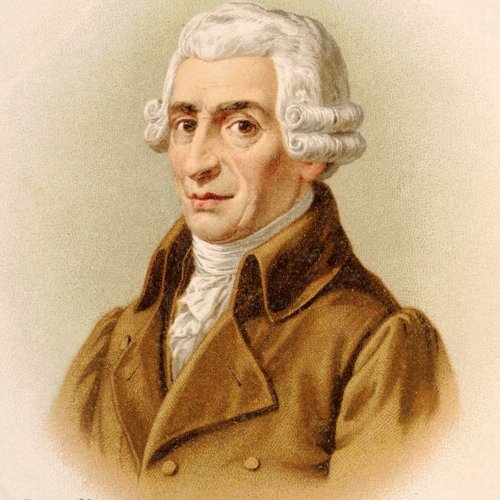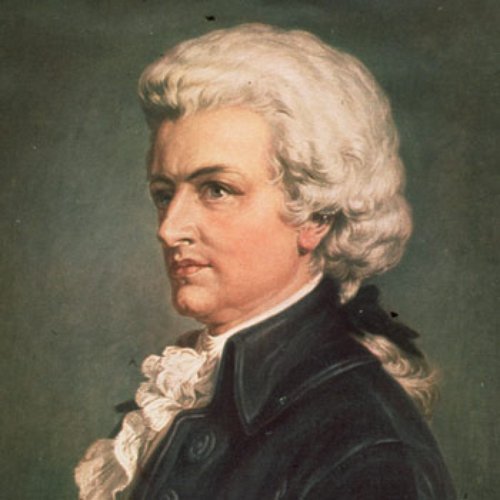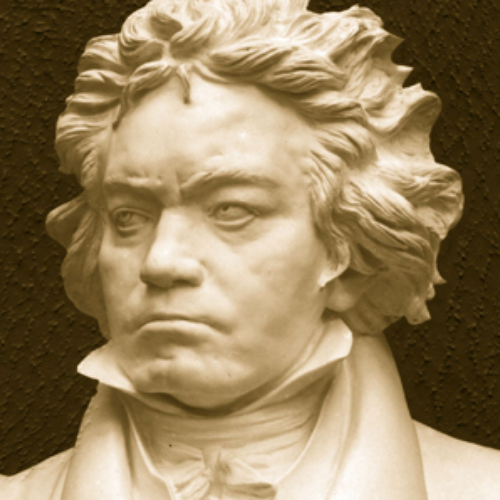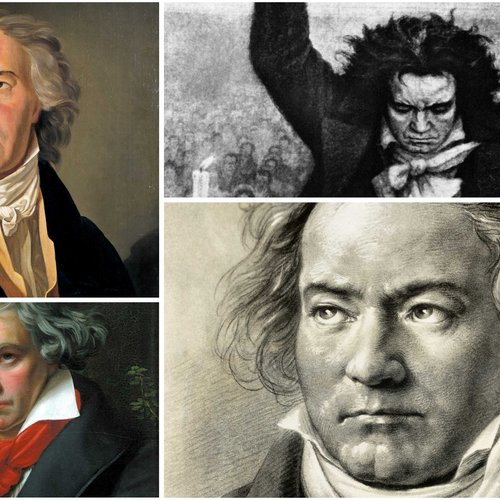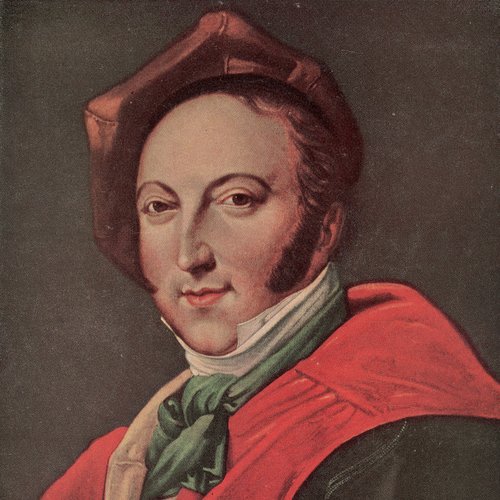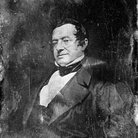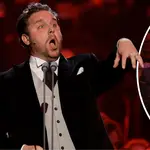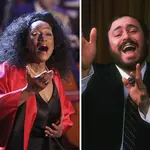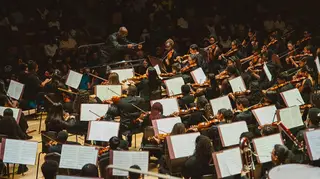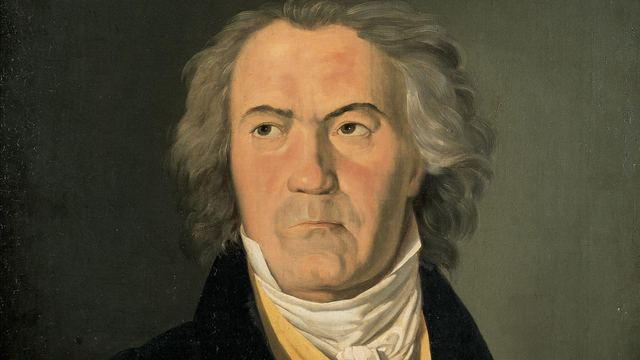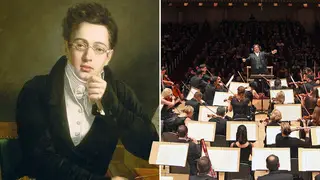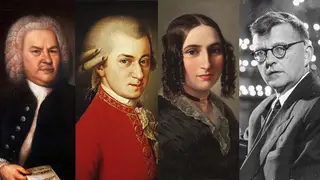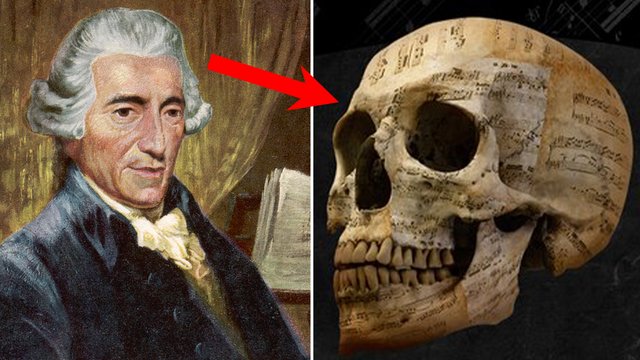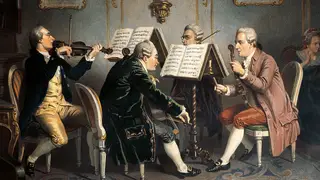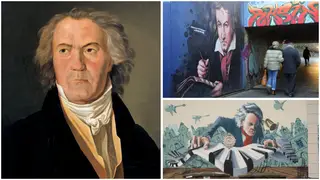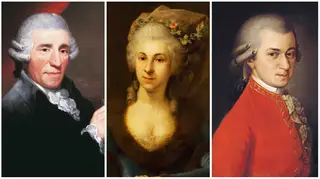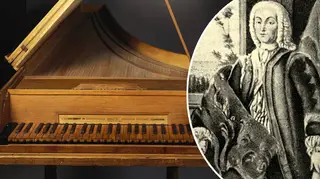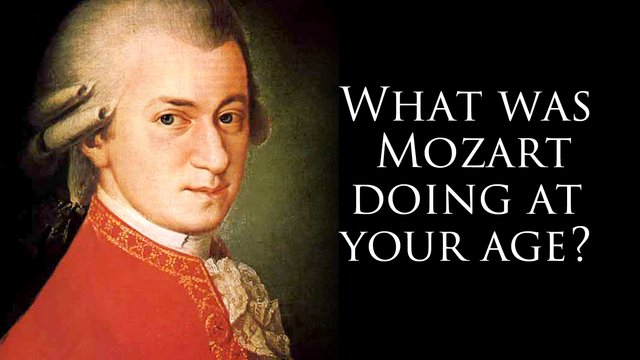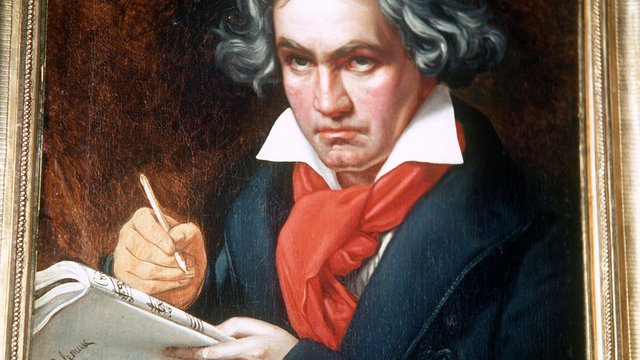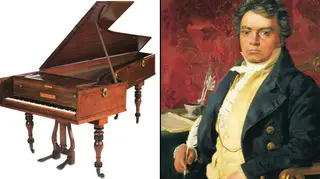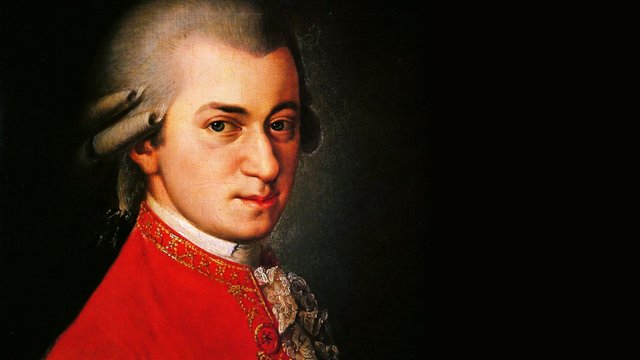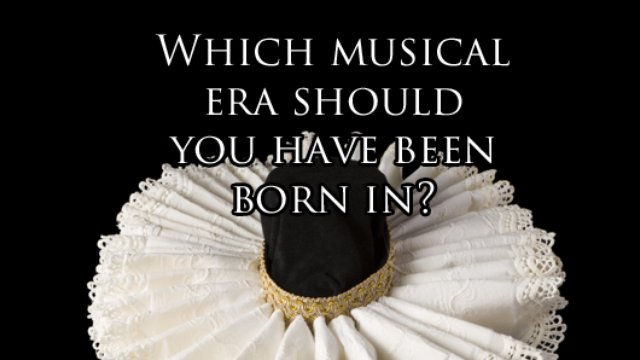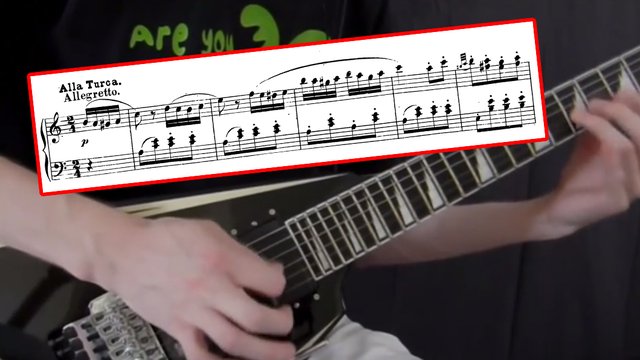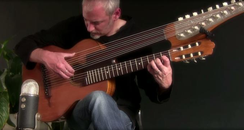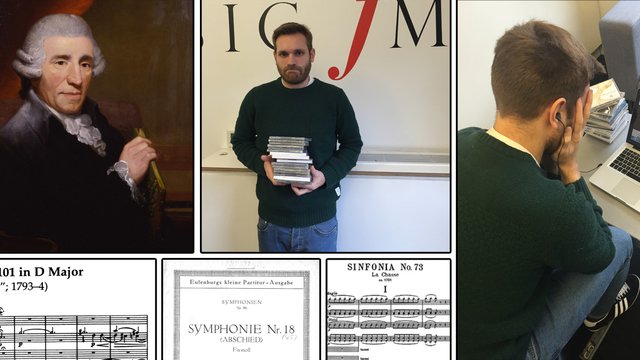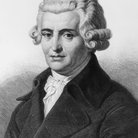

Classic FM's Fast And Friendly Guide To The Classical Era
01:43
Top Classical pieces
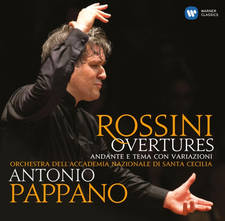
The Barber of Seville - Overture Gioachino Rossini (1792-1868 : Italy) Conductor: Antonio Pappano Ensemble: National Academy of St.Cecilia Orchestra Record label: Waner Classics Catalogue ID: 0825 646243440

Symphony No.101 in D major (4) Joseph Haydn (1732-1809 : Austria) Conductor: Howard Shelley Ensemble: Swiss-Italian Orchestra Record label: Hyperion
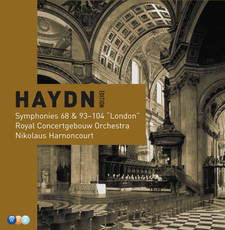
Symphony No.102 in Bb major (4) Joseph Haydn Conductor: Colin Davis Ensemble: Royal Concertgebouw Orchestra Record label: PHILIPS

Piano Concerto No.21 in C major (2) Wolfgang Amadeus Mozart (1756-1791 : Austria) Conductor: Claudio Abbado Ensemble: Chamber Orchestra of Europe Soloists: Maria-Joao Pires Record label: Deutsche Grammophon Catalogue ID: 4399412

Requiem K.626 - Lacrimosa Wolfgang Amadeus Mozart Conductor: Edward Higginbottom Ensemble: Choir of New College, Oxford; Orchestra of the Age of Enlightenment Record label: Novum Catalogue ID: NCR 1383
Download: Classic FM's music period collections

Classic FM collection: Classical: 1750 to 1830 30 tracks - £6.99 Ensemble: The The Royal Concertgebouw Orchestra; Academy of St. Martin in the Fields and more Soloists: Janine Jansen; Mitsuko Uchida; Beaux Arts Trio and more

